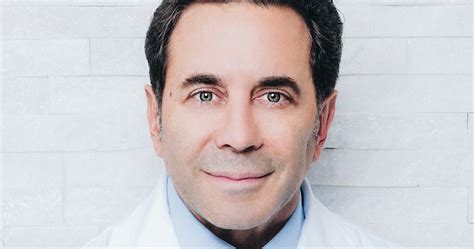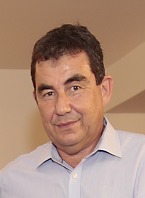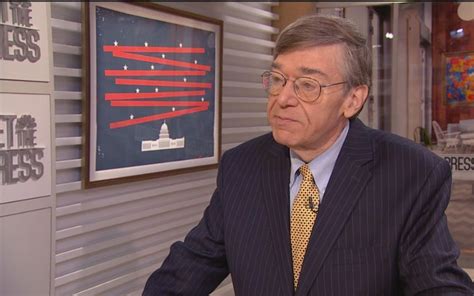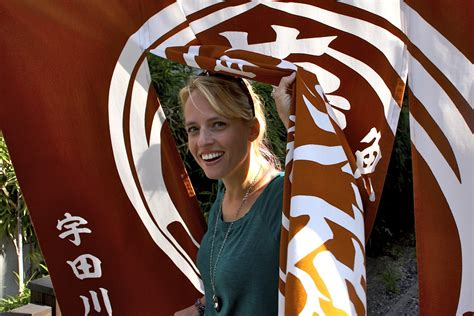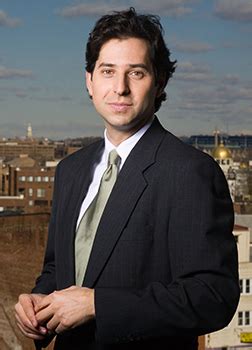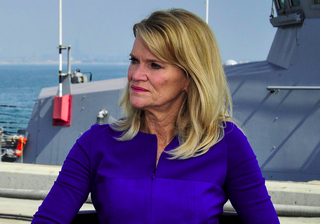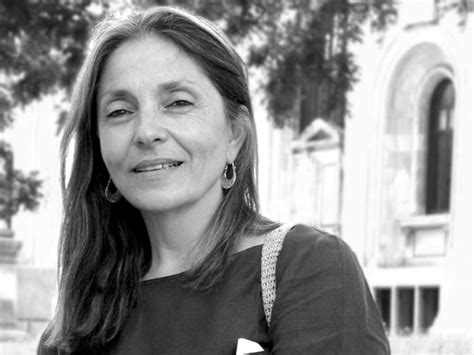A Quote by Christopher Michael Cillizza
Brain surgery is not like politics and vice versa.
Quote Topics
Related Quotes
The Western press has always insisted that India was Pakistan's enemy and vice versa, that the Hindus were against the Muslims and vice versa. They've never said, for instance, that my party has been fighting this attitude ever since we have maintained that religious hostilities are wrong and absurd, that minorities cannot be eliminated from a country, that people of different religions must live together.
I wanted to say something to cheer her up. I had a feeling that cheering her up might be a lot of work. I was thinking of how sometimes, trying to say the right thing to people, it’s like some kind of brain surgery, and you have to tweak exactly the right part of the lobe. Except with talking, it’s more like brain surgery with old, rusted skewers and things, maybe like those things you use to eat lobster, but brown. And you have to get exactly the right place, and you’re touching around in the brain but the patient, she keeps jumping and saying, “Ow.
Each of us plays four roles in relation to the brain. We lead, we inspire, we invent, and we use it. Most people do not actively use their brains. They passively let their feelings and thoughts control their lives. They don't invent new ways to use their brains, either, settling instead for the same routine and repetitive thoughts every day. But if you master all four roles, you create your super brain. When you are the active observer of your feelings and thoughts, you become the user of your brain. Your super brain then serves you, not vice versa.
First of all, you want to make sure you find a doctor that is a board-certified specialist in whatever that field is - whatever it is - whether it's plastic surgery, facial plastic surgery, ocular plastic surgery, brain surgery, whatever it is. And two, if they do a procedure, you want to make sure they do a lot of it.
This violence is so pervasive. We see it in our schools, where we have more security guards now than teachers. We see it in California where more prisons are being built than colleges. It goes on and on. We see it in a trillion-dollar war budget, politics becoming an extension of war rather than vice versa. This violence is like a fog. It covers everything.











